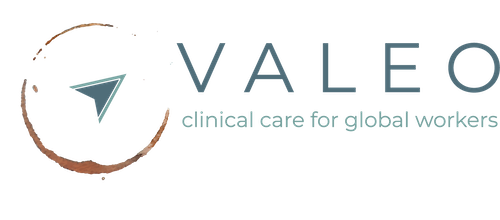Preventing Burnout
What does it take to reach the finish line—to fulfill your calling with joy? Track with me for a minute here. We can learn something from marathon runners about going the distance while serving cross-culturally.
In Matt Fitzgerald’s article for Active.com, “How to Master Marathon Hydration,” he wrote:
When Amby Burfoot won the 1968 Boston Marathon, he didn't drink a single drop of water or anything else during the race. This wasn't unusual in those days. Runners generally avoided drinking during races and in training runs because they believed indulging their thirst would make them "waterlogged" and slow them down.
We now know that drinking during prolonged running enhances performance. For example, a study by English researchers found that men and women could run for 1 hour and 43 minutes at a moderate intensity when supplied with water compared to only 1 hour and 17 minutes when denied water.
The farther you run, the more important it is to drink. Although Burfoot and many of his contemporaries proved you can finish a marathon without drinking anything, you will almost certainly finish faster if you make an effort to limit dehydration.
Multiple writers on the subject have suggested that long-distance running requires pre-meditated hydration and nutrition intake to sustain one’s body at optimal performance. The very nature of the activity leads to depletion.
So it is with cross-cultural service: The very nature of your work depletes your spiritual, emotional, relational, and physical resources. You don’t need sustenance because you are broken; you need sustenance to continue the race because you are doing the very thing you are called to.
Faithfulness in your calling requires “preventative” care. Just as runners need checkpoints for hydration and nutrition along the race course, you need checkpoints along your journey. These checkpoints include:
adequate pre-field training
personal debriefing after each term on the field
two preventative check-ins by qualified personnel per year on the field (via video or in person)
as needed for seasons on your journey:
counseling (individual or couples)
psychiatric care
spiritual direction
participating in a group for personal growth.
If you don’t have these checkpoints along your race, let Valeo provide them for you. You have enough to worry about; we will take care of sustaining you with joy and faithfulness along the way.
If you want help sustaining or preventing burnout and want to talk with a counselor, click here and Start Now.


